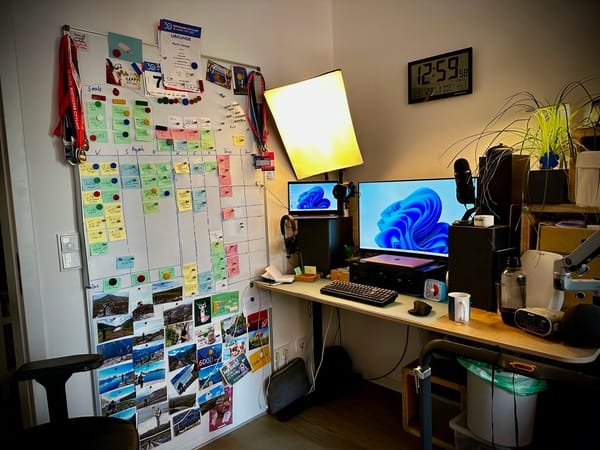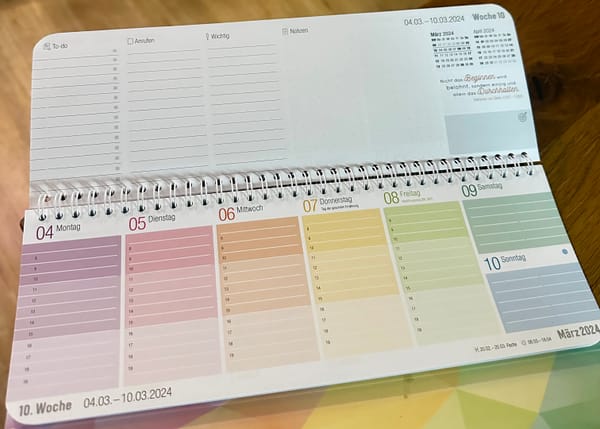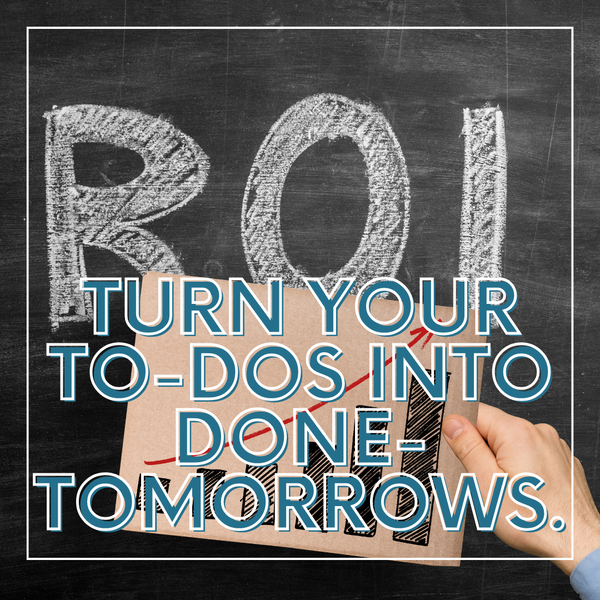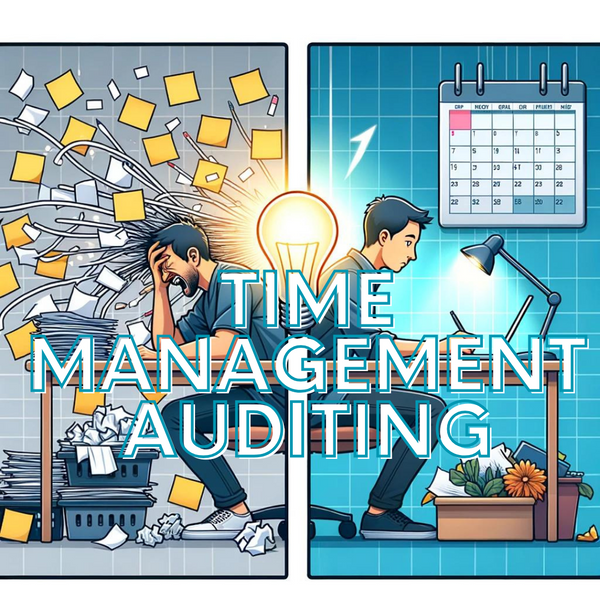Don't date someone you want. Date someone who wants you.

It has to be said that we are quite a self-absorbed society. In the western world, we are raised with the attitude that anyone can achieve anything and everyone deserves the best. This manifests in various areas of life, like home, lifestyle, profession, romance, and relationships.
In this sense, this blog is also a result of this society, and its audience has this mindset in a particular way because Deliberate Diligence is ultimately about maximalist self-optimization. And those who optimize themselves naturally want to make their choice of partner or job perfect.
On a walk in 2021 (where else is one so beautifully struck by the lateral thought), I had a profound and contrary realization, which I would like to share with you:
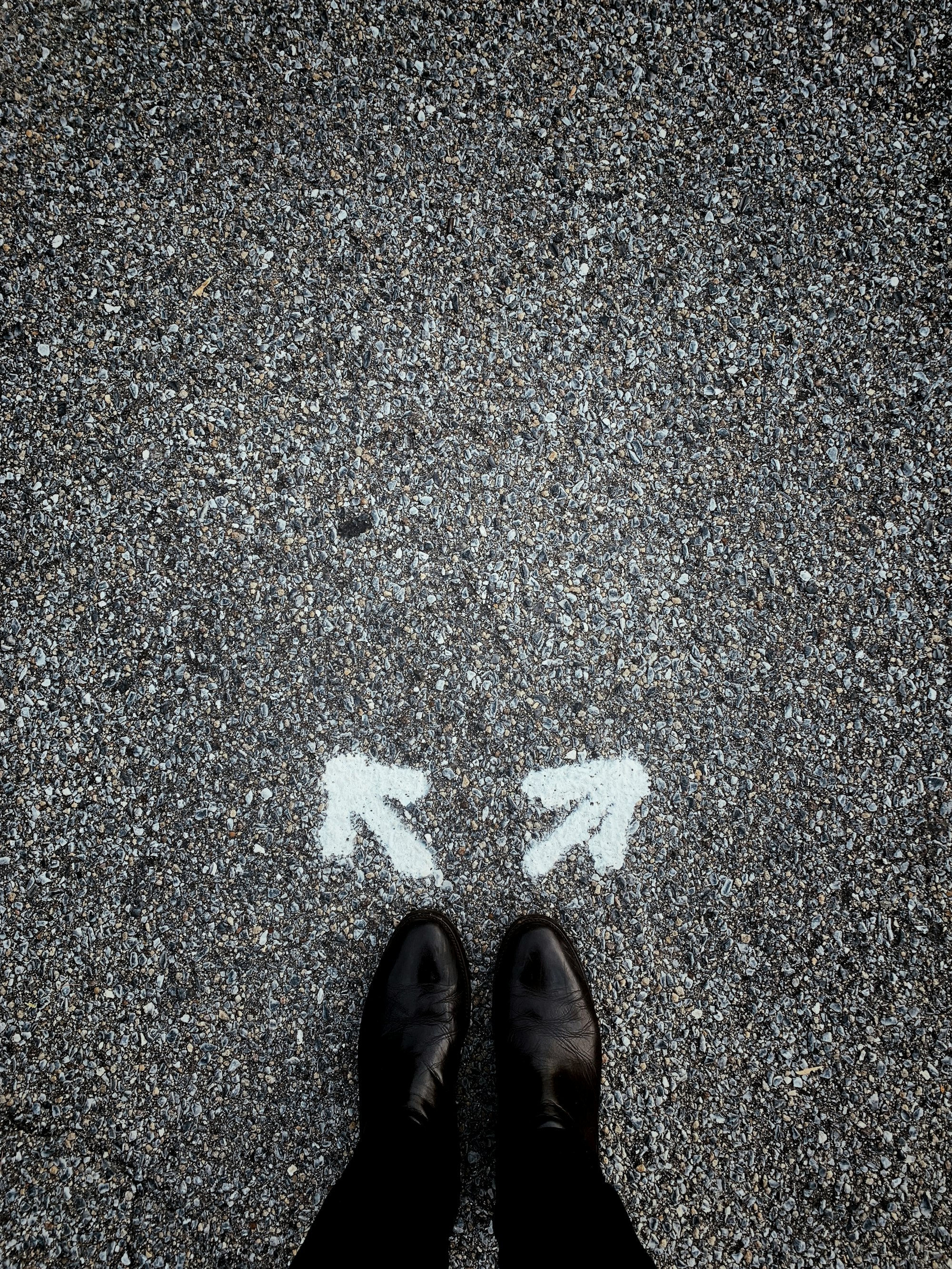
You shouldn't optimize decisions based on whether you are making your best choice but on where you're someone else's best choice.
It started with an influencer's Tiktok video who translated this principle to relationships, and I had to think about why it resonated so much with me:
"Don't date someone you want. Date someone who wants you."
The video was very controversial in the community, as many people made it sound like they should date someone they don't like. But that is, of course, too short a thought and not the message of this quote because: it's not about finding one good option out of many bad choices (this is trivial). Most hard decisions are where you must find the best option out of many good ones. You see, the quote scratches at many people's self-image and provokes corresponding reactions.
But first, back to me and why the quote resonated with me. Looking back on my life, I can say that I have been fortunate in many places. Many forks in the road have turned out to be the right choices without me being able to foresee it at the time. Alas, I have to say that this might be simply due to the psychological effect that you overvalue the actual life path compared to the alternatives to increase happiness. But let's say this is not the situation here.
But what was surprising about this train of thought was the notion that, quite often, it was not my choice at all, and, had I been free to choose, I would often have chosen worse directions.

It struck me for the first time that my decisions had not led to my comfortable position at all - in retrospect, they often would have led to the opposite.
It was the decisions of others that were good for me. I can not and do not want to claim this is true for everyone and all situations. But I have accumulated so many cases that I even regard my intuitive decisions as coming from the subconscious nowadays as a warning signal.
Fortunately, I often did not pursue my initial preferences with all rigour and liked to "drift in the wind" so that, in the end, I could be the solution to the optimization problems of others,

After graduation, for example, I was approached by a seemingly unexciting average IT company and asked if I would like to apply there.
A tutor had recommended me, so the company applied to me and not the other way around. Back then (2012), working at one of the big tech companies would have been my preferred choice. For example, I wanted to work for Facebook to work on Knowledge Graphs. In comparison, the company that applied to me was relatively modest and unexciting. In addition, I knew from many fellow students that I could have earned 10k€ more annual starting salary in another city.
I didn't decide this strategically or knowingly, but honestly, out of convenience, I just went for the company that applied to me at the time, even if it wasn't 100% perfect but maybe only 70% and just "good".
And what can I say: the company really likes me. I fit in wonderfully with the company both culturally and professionally (which I wouldn't even have been aware of as a decision criterion at the time!). Over the past ten years, I have been able to develop wonderfully from software development to Head of Innovation Management for the entire Group. I enjoy the freedom and am appreciated for my contributions. I can be who I am without the need to wear any fake business theatre masks.
Whereas my fellow students, who optimized strictly according to the amount of their starting salary, were quickly dissatisfied with their jobs. They ended up in mega-corporations that paid more but felt like the smallest cog in the wheel and couldn't make a difference there.
So I would have made the wrong decision at the time because I would have decided according to somewhat naive selection criteria (coolness + maximum entry-level salary). On the other hand, the company that selected me knew exactly what type of employee would fit and had plenty of experience. Nowadays, I know that cultural fit is a much more critical decision criterion than just salary level.

A second anecdotal example is the choice of university a few years before.
Of course, I wanted to study computer science at a top university with long waiting lists. Only the best was good enough for me. I would certainly have gotten in there too. However, my father advised me early on, simply the obvious choice - to take an 80% good university in the midfield that is the closest locally.
What tipped the scales for me was the feeling that the top universities wanted to reject me and made the process deliberately tricky. In contrast, the local university seemed to be even happy that I wanted to study there.
In the end, that was the right choice. The university, which did not look very special outside, was not so crowded, and the teachers took a lot of time. The pressure was manageable, and I could experiment and pursue my business ideas in my free time. The city had a distinct university culture but was not too big and confusing. It was, in retrospect, perfect.

A third example is right in the scope of the above quote: choosing the significant other.
Well, this is highly individual, and it's just my personal experience, but what can I say: being found has proven effective here as well. I was often disappointed in my teens and twenties that the women I wanted so badly didn't want me. They seemed perfect; however, I measured this again at that time according to quite naive criteria (e.g. exclusively optical properties).
Due to my age, I am now lucky enough to be able to look at many of these partner options, which seemed so perfect at the time, with a distance of 10-20 years. I am regularly shocked by the paths one or the other has taken and how our lifestyles, mindsets and values would not have fit together. I am convinced that every one of my former preferred options would have led to despair and unhappiness.
On the other hand, my current spouse has never doubted that she wants me as a partner in the last eight years. It has strengths and qualities whose value I did not appreciate until I learned about them. I could never have actively searched for it in my twenties because I would not have known what to look for. Again, I can be who I am, and this is yet another example of the best non-choices I've ever made.

Conclusion
It's funny that in the lifestyle whose name includes a "Deliberate", I name a core principle that is the exact opposite. Well, my call to action is probably to decide against your intuition deliberately from time to time and to indulge in the world's flow without having to control everything actively. In my experience, the right things come flying to you on their own if the karma is right.
There are so many unhappy people in western society who could live a happy life. I see them in my social circle and social media, such as Tiktok. And I think in many cases, the fundamental evil comes from the ill mindset of deserving only the best, being able to optimize everything and having complete control over life choices.
That's an expectation that reality doesn't meet, and it overestimates one's ability to make decisions that optimize one's happiness.

I have the feeling that this line of thought has not been thought through to the end. Subscribe to the blog if you don't want to miss more articles like this!


